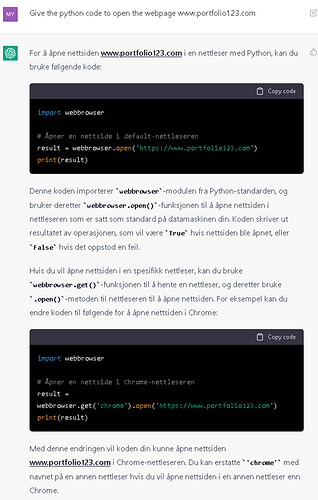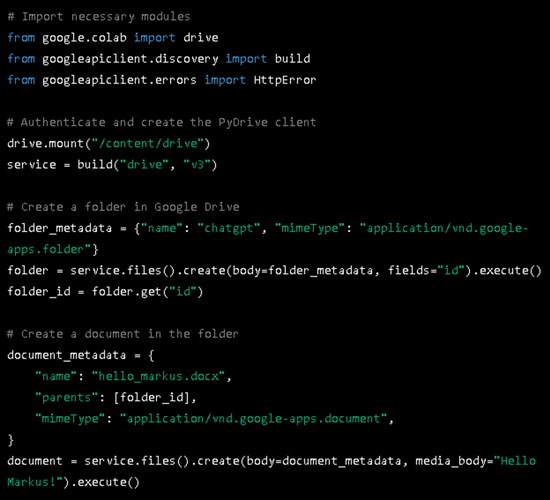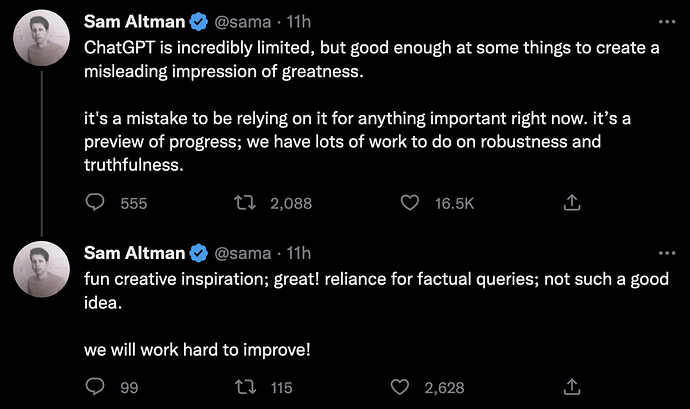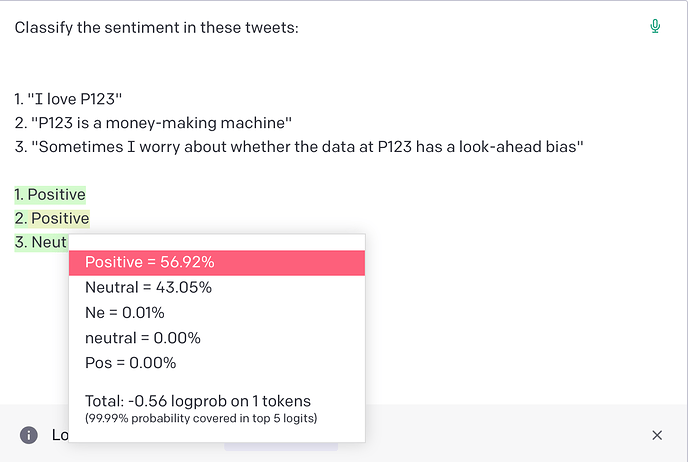First, I am confused. Is anyone saying I have a new idea? A new idea that we are going to decide–in the forum–whether it might be commercially viable or not? Wow. What I am saying is the technology (which is already being used) has improved to the point that some of you who are particularly good programmers could consider using it too (in your own creative way). Having said that I am not saying it is for anyone (and certainly not for everyone) reading this and it is not for me (probably). Image suggesting this might already be in use:
Also, you must know that Google does some of this. Some of it published publicly and other data that you have to pay for: Analyzing Sentiment. I am assuming that, at times, the data is useful to those paying for it.
Regarding the quote, I literally do not understand the idea that the AI is “too confident” with regard to this discussion. He was discussing the factual question/answer setting. Where generally you are wanting one answer to a question like who was the 35th president of the United States. And you are not going to be spending a lot of time agonizing whether a 99.999% chance that it was John F. Kennedy is good enough for your homework assignment. But you can get a probability for any output including that if you want. With regard to sentiment the confidence settings for the question/answer portion of ChatGPT is not too interesting. Or pertinent, I think.
Here are some statements (totally made up as an example) about P123 and what the AI thinks the sentiment might be for each quote. ALONG WITH THE PROBABILITY. On the second statement it thought there was about a 57% chance it was positive. Image to follow (probability is for the second quote):
It was pretty confident about the first (I can see why) but still only 99.98% confident that the sentiment for the first quote is positive.
On quote 3 it pretty sure that this is a neutral comment (kind of interesting). 99.82% sure this comment is neutral. Not how a human generally thinks for sure. We would want to put in in a positive or negative bin and then asses the probability.
You would have to figure out how you want to aggregate the sentiment for each…whatever. You may not want to look at tweets.
But you know you can get a probability (and an aggregated probability) and set the confidence level for any action you might take, right? That is not a programming challenge (even for me). As an example, you could average the sentiment and act when the average chance that the sentiment is positive (for all of the comments) is above 75%. Or act when 85% of the comments were assessed to be positive, etc.
**TL;DR. Confidence is not a problem. This technology is being used already and probably in ways that have not been discussed in this thread. The technology is more possible to use—for a good programmer with resources–than it ever has been in history. Arguably, with a small quantum leap in the availability for a retail investor recently.
Jim






